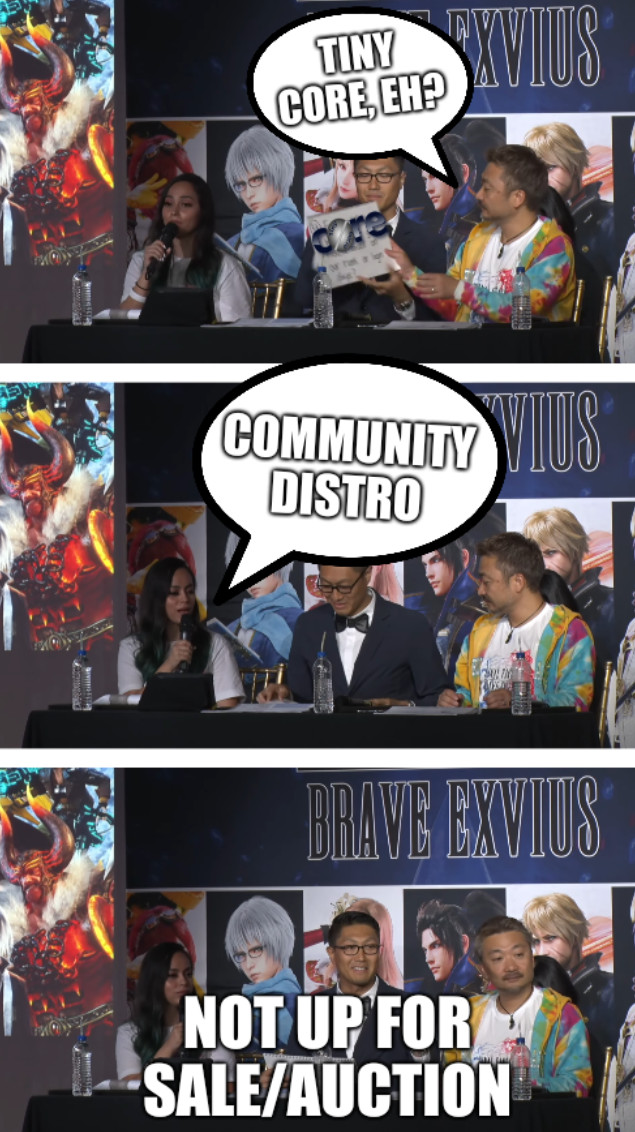

THE Free software movement is about as old as I am and it sought to preserve the "hacker culture" (which was prevalent in academia at the time; Microsoft had only been established several years earlier). Scholars would exercise the freedom to share code; such sharing accelerated research.
"IBM has come up with some new excuses for cutting CentOS support (support window shortened almost tenfold, followed by a complete redefinition of what CentOS actually is)."The GNU Project was a great success because many hackers were persuaded to join the new movement and create a free UNIX-like system (the UNIXes were very expensive at the time). In the early days many of them were labeled "hobbyists" because they did not do this for a salary. A decade later the media collectively called their work "Linux", Red Hat hired many key hackers, and one decade later Canonical hired many key development folks from Debian.
As we noted earlier today, neither Red Hat nor Canonical would criticise Microsoft because Microsoft pays them to play along. It is a truly sad situation which occurs when corporations strive for nothing other than increasing revenue; they're easily compromised and they can be made to cooperate with their competitors. Competition between GNU/Linux and Microsoft/Windows isn't a brand war; it's about licensing and inherent philosophy. Even if GNU/Linux was technically behind Windows in some area, it would still be favourable to users. The realm of ideology goes all the way back to the 80s -- back when the antiwar movement was also very powerful and people wanted to take back control from corporations (rather than strive to buy the latest "smart" phone).
IBM has come up with some new excuses for cutting CentOS support (support window shortened almost tenfold, followed by a complete redefinition of what CentOS actually is).
Nobody is naive enough to believe that IBM chose this direction because of the users. It is all about money.
Well, money is not inherently evil (it's a straw man argument to suggest those who oppose IBM are generally against capitalism). However, if profit alone is the guiding hand, we'll see more corporate domination over GNU/Linux (systemd, Wayland and so on). Selling support is a lot easier when the pertinent bits are developed 'in house'.
Red Hat's founder honestly believes he did more for Free software than Richard Stallman ever did. But the movement (of Stallman et al) did not necessarily strive for anything other than freedom for users.
It's important to shelter and nurture distros developed by passionate volunteers rather than employees. We may otherwise end up with another UNIX (opaque and bloated). We don't need another Apple, do we? ⬆